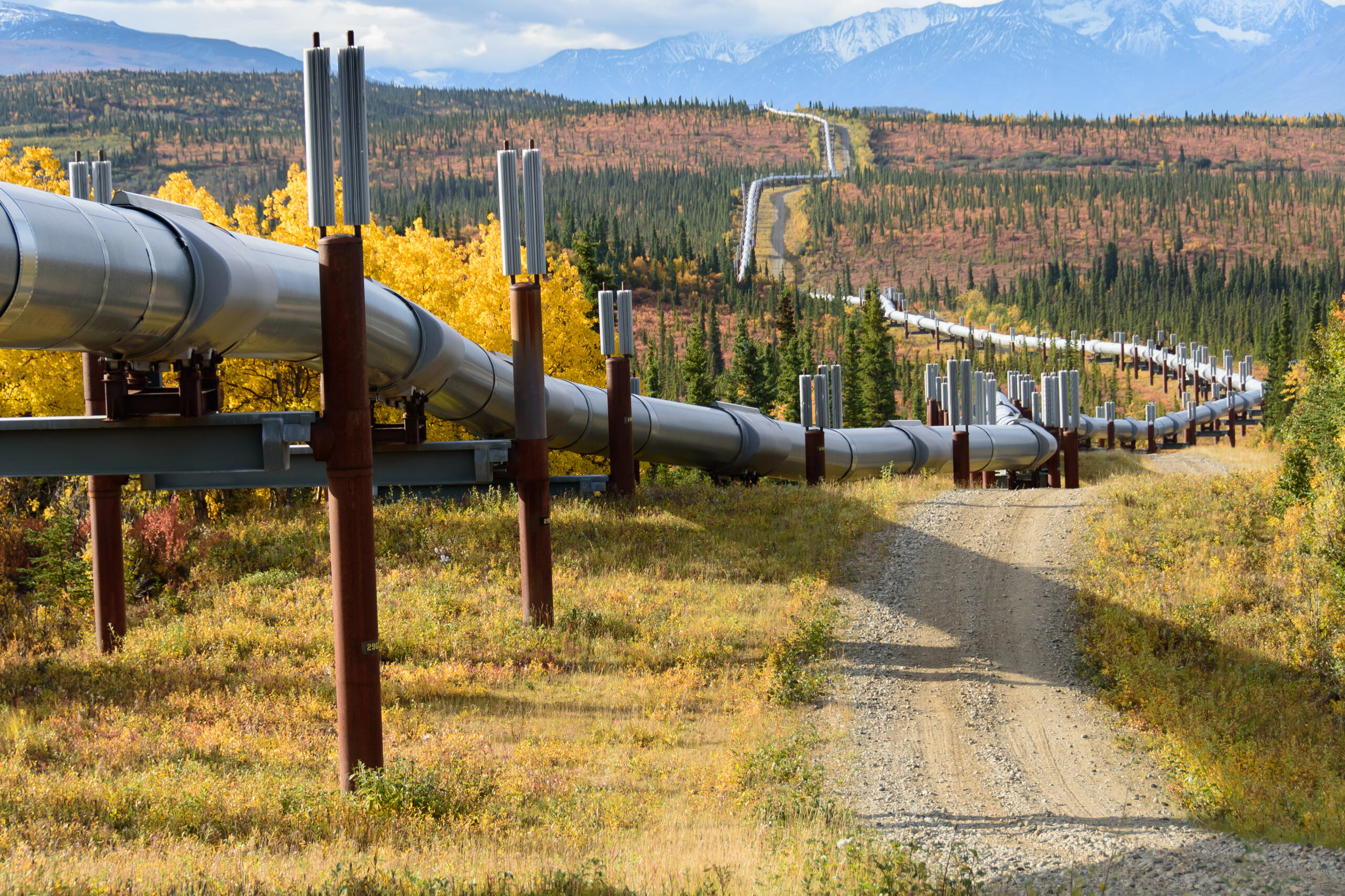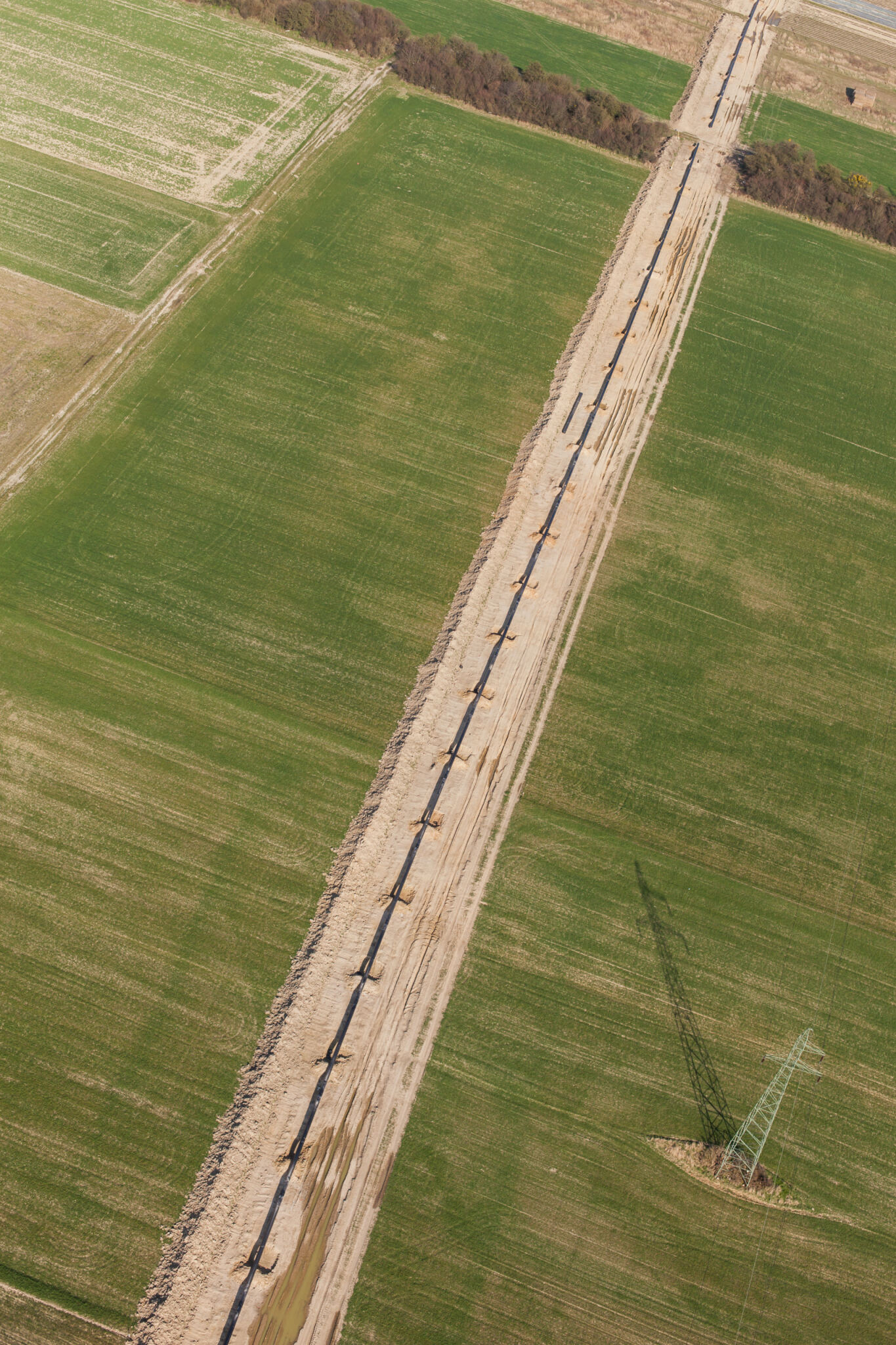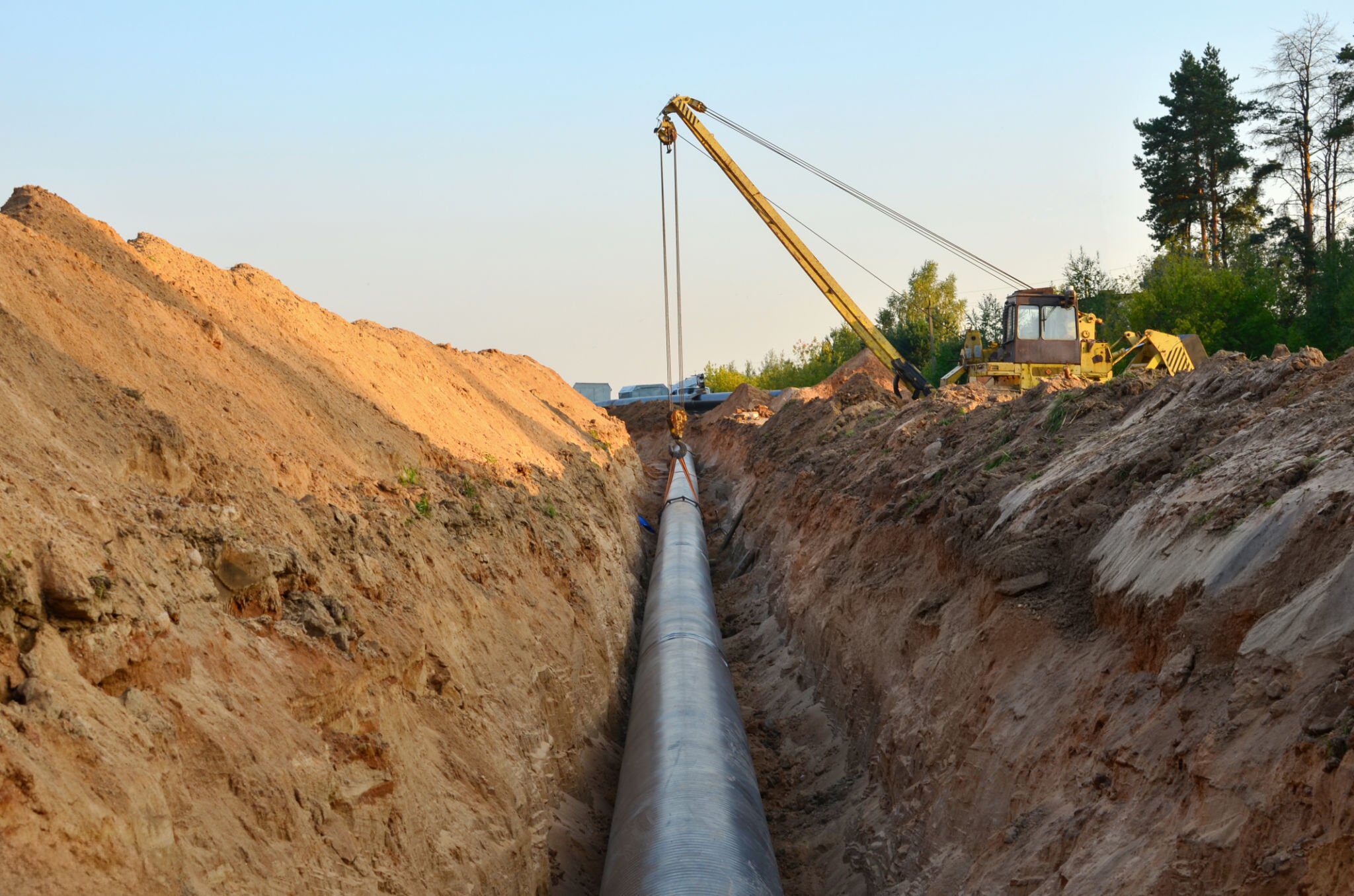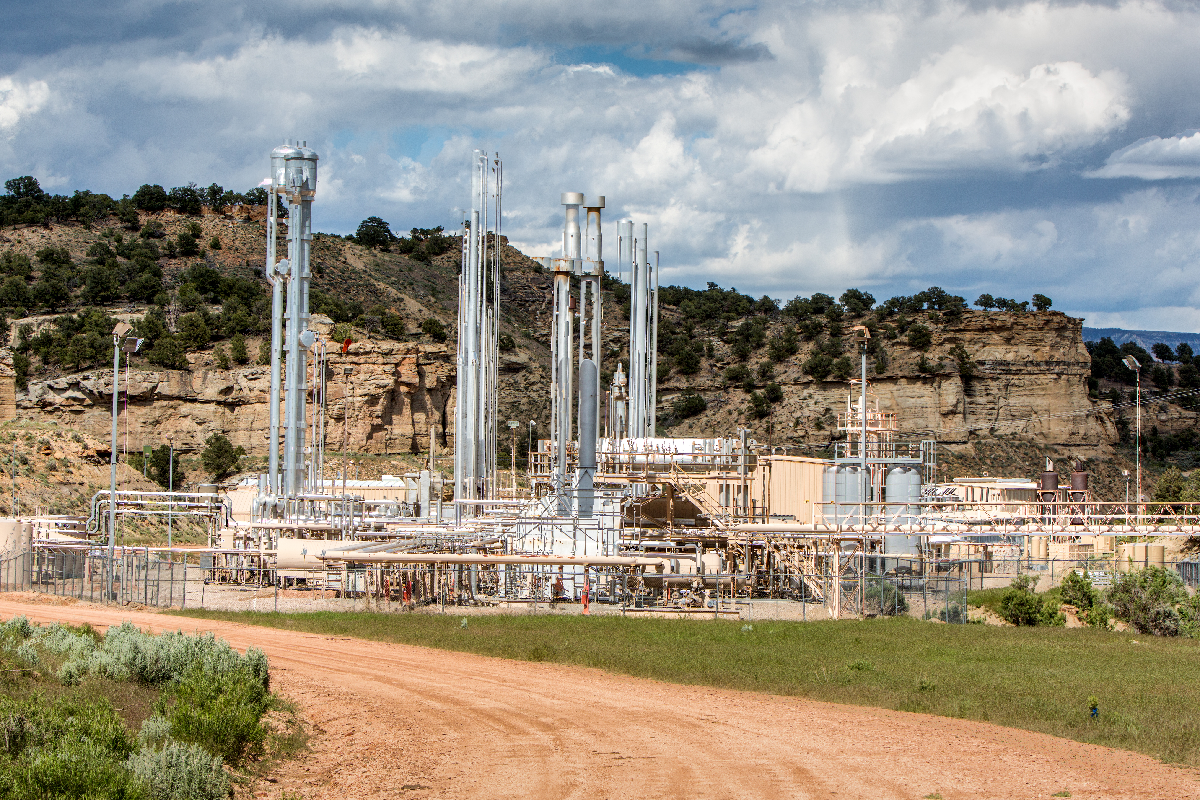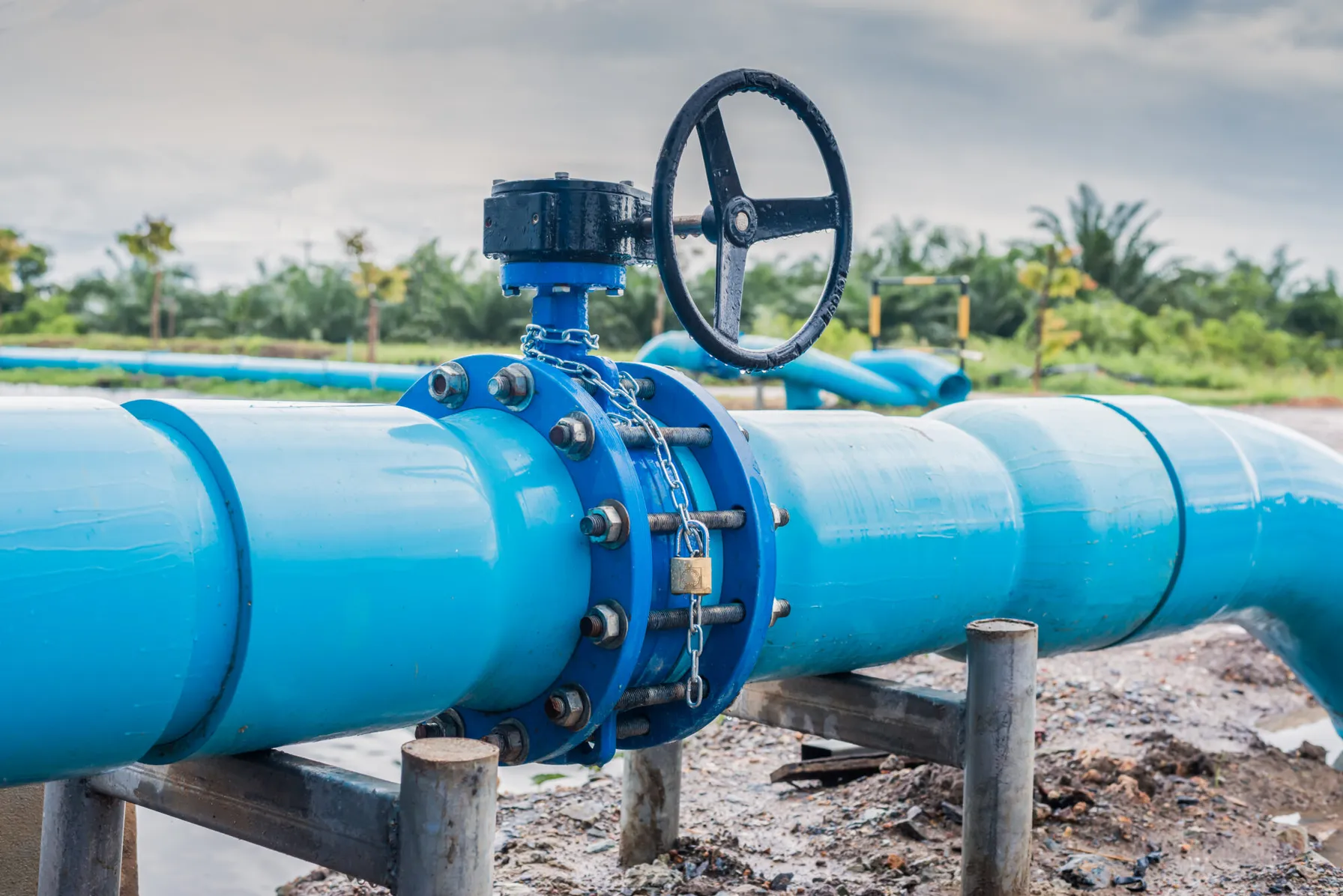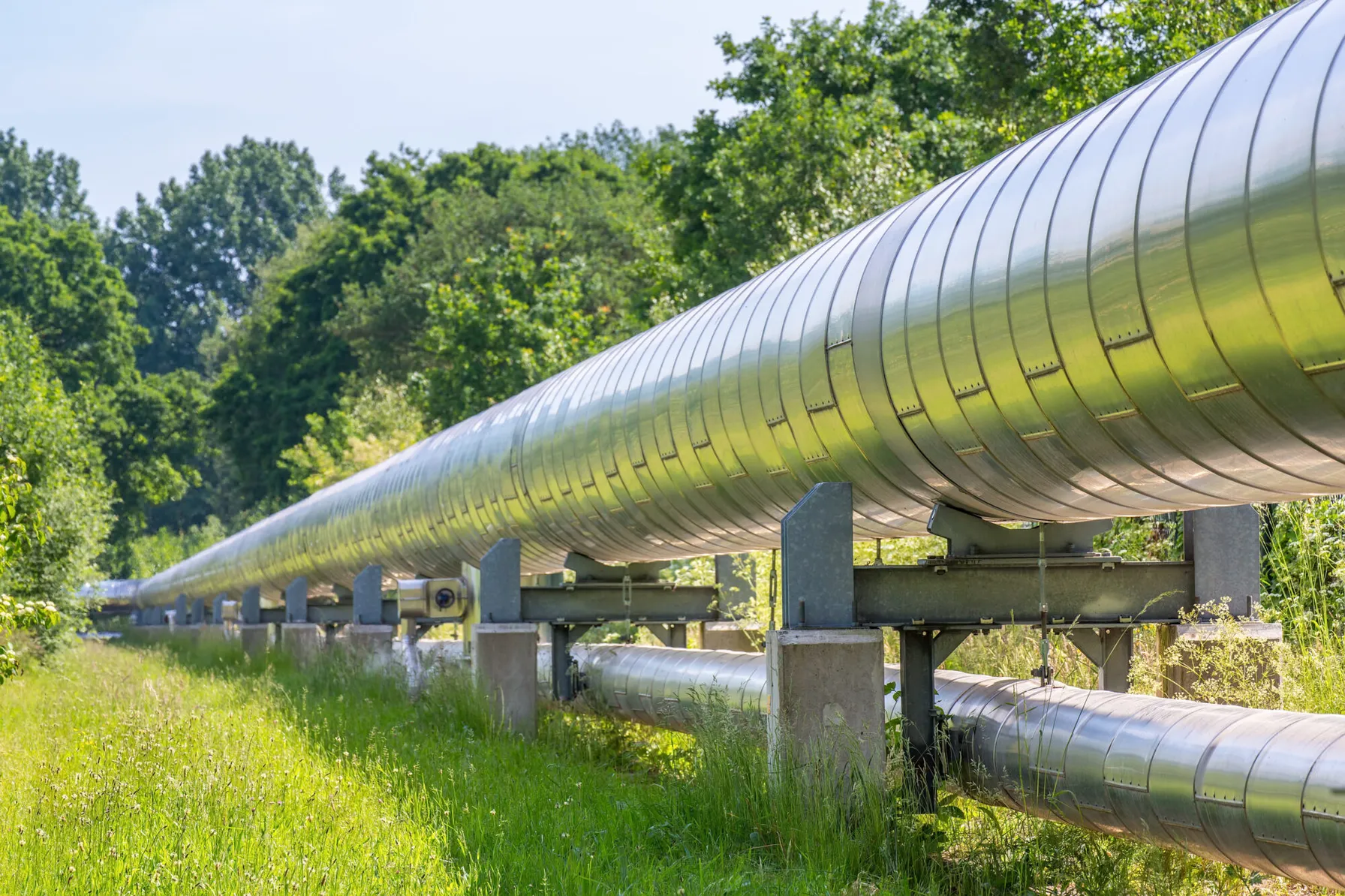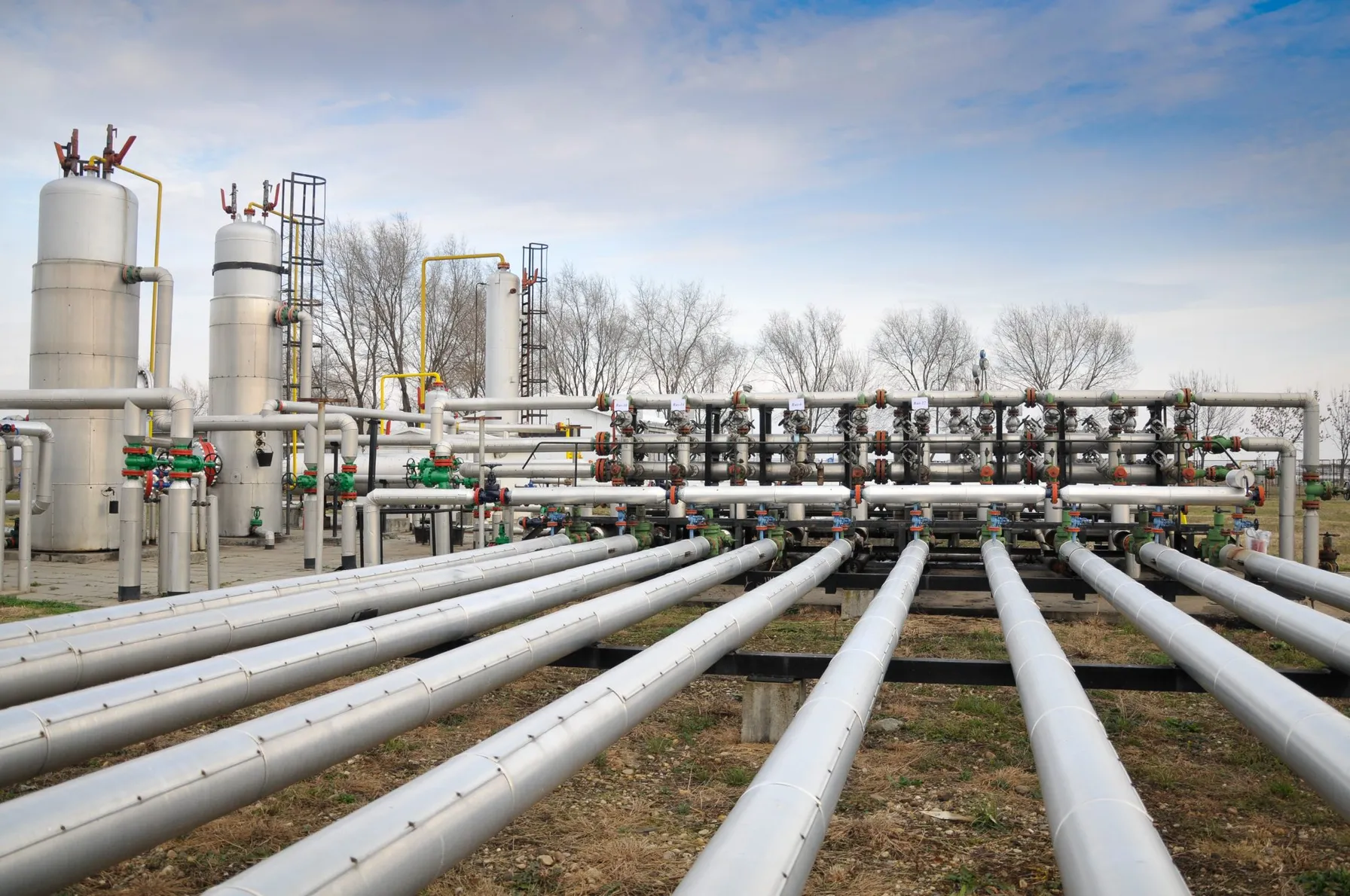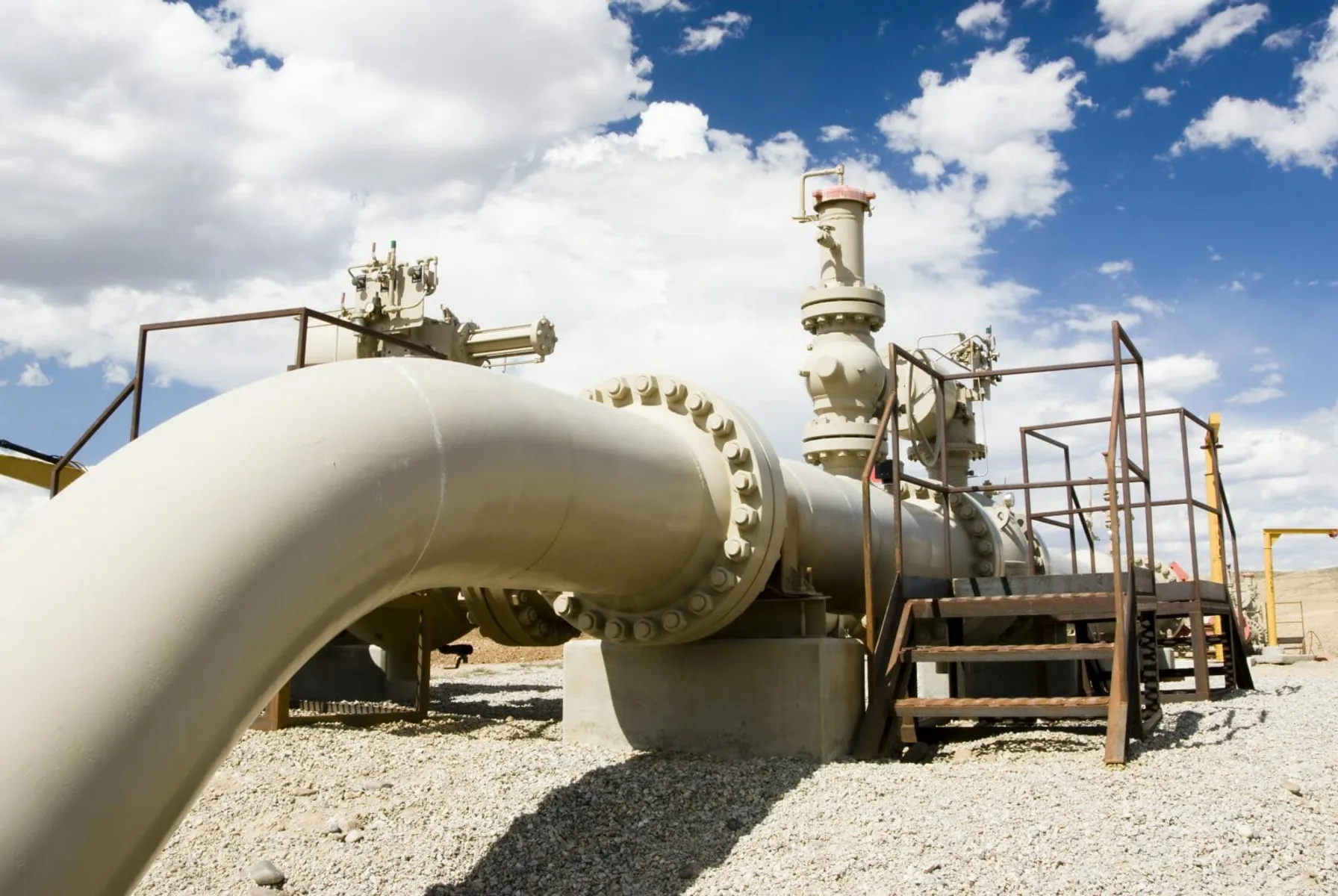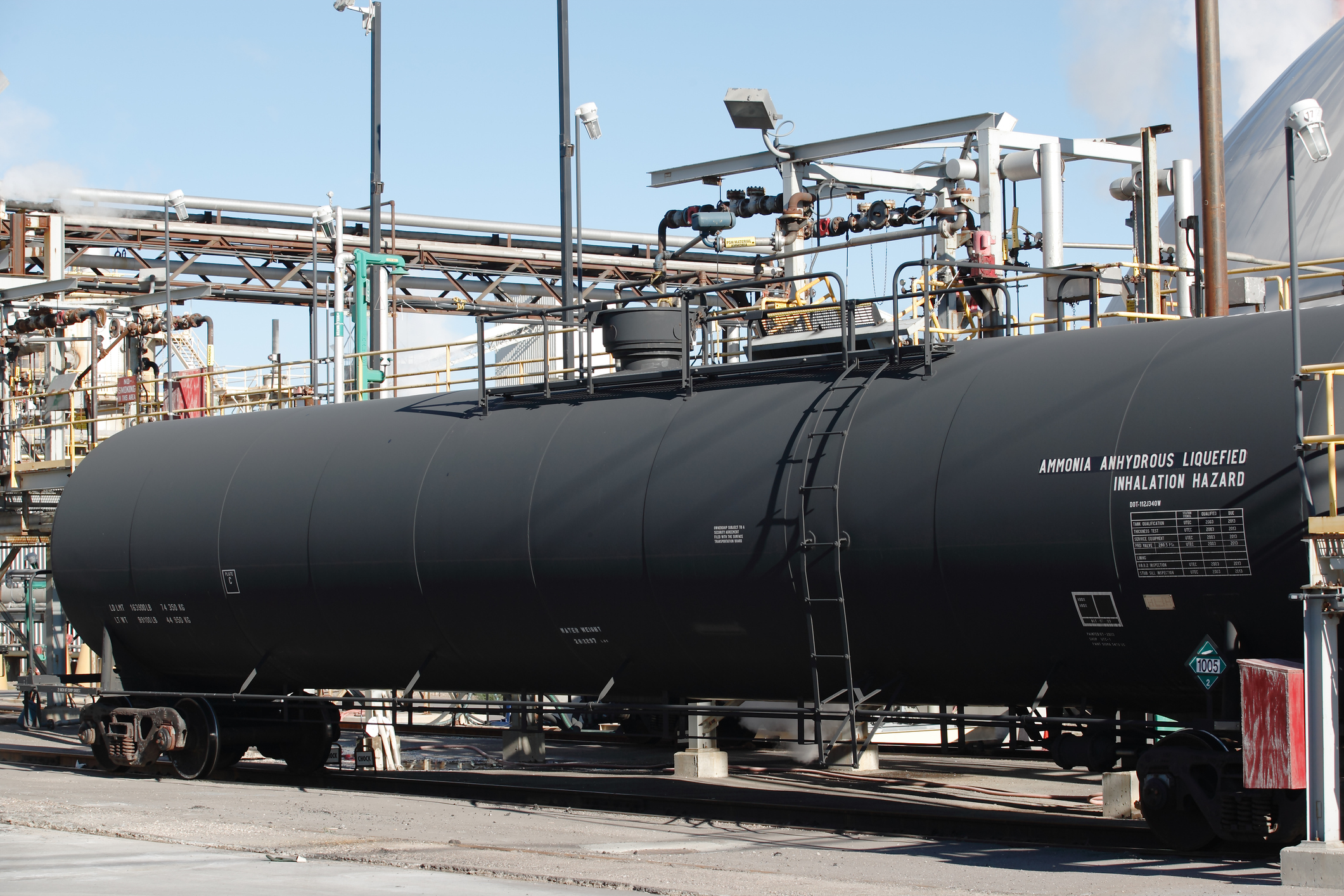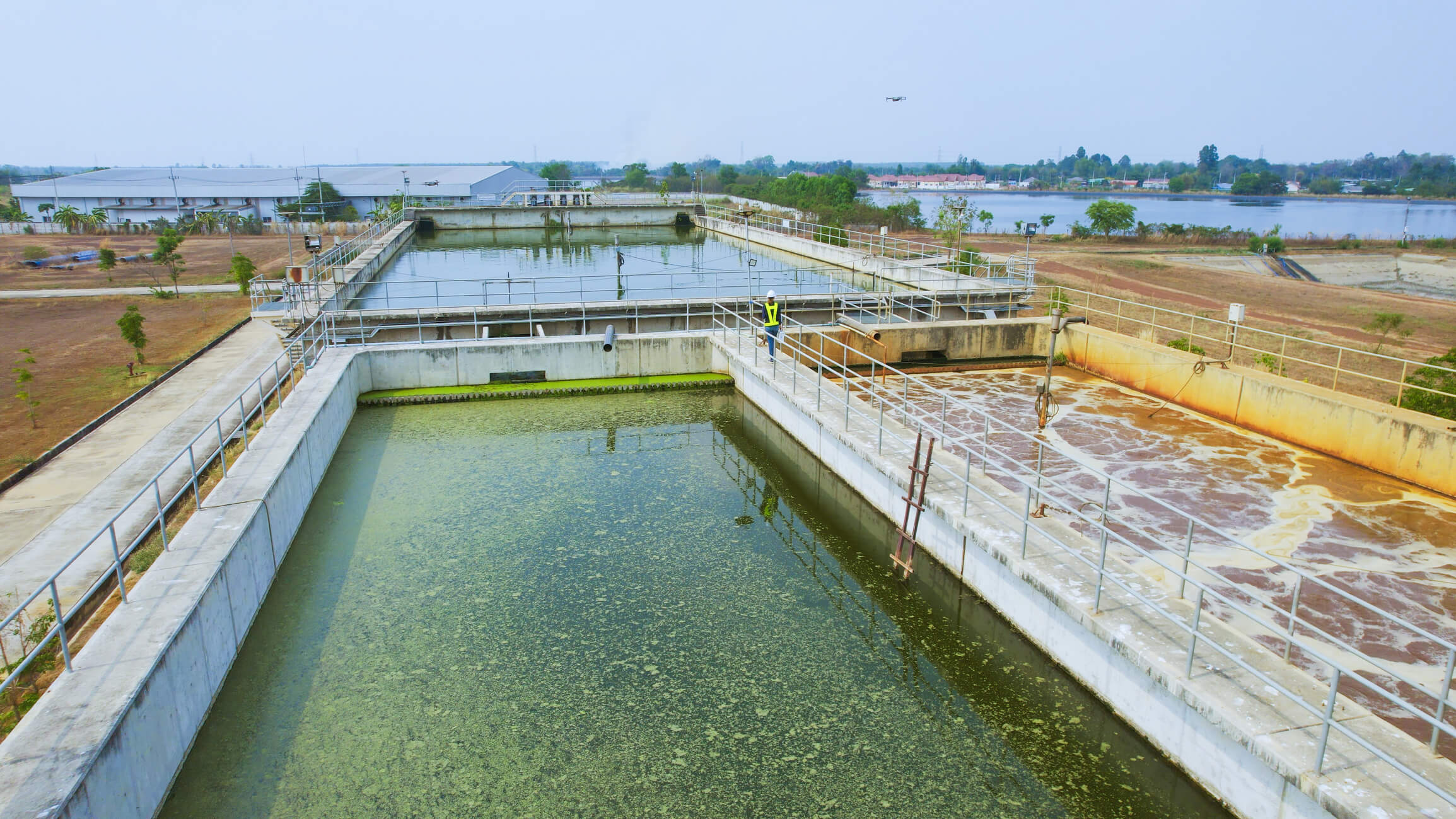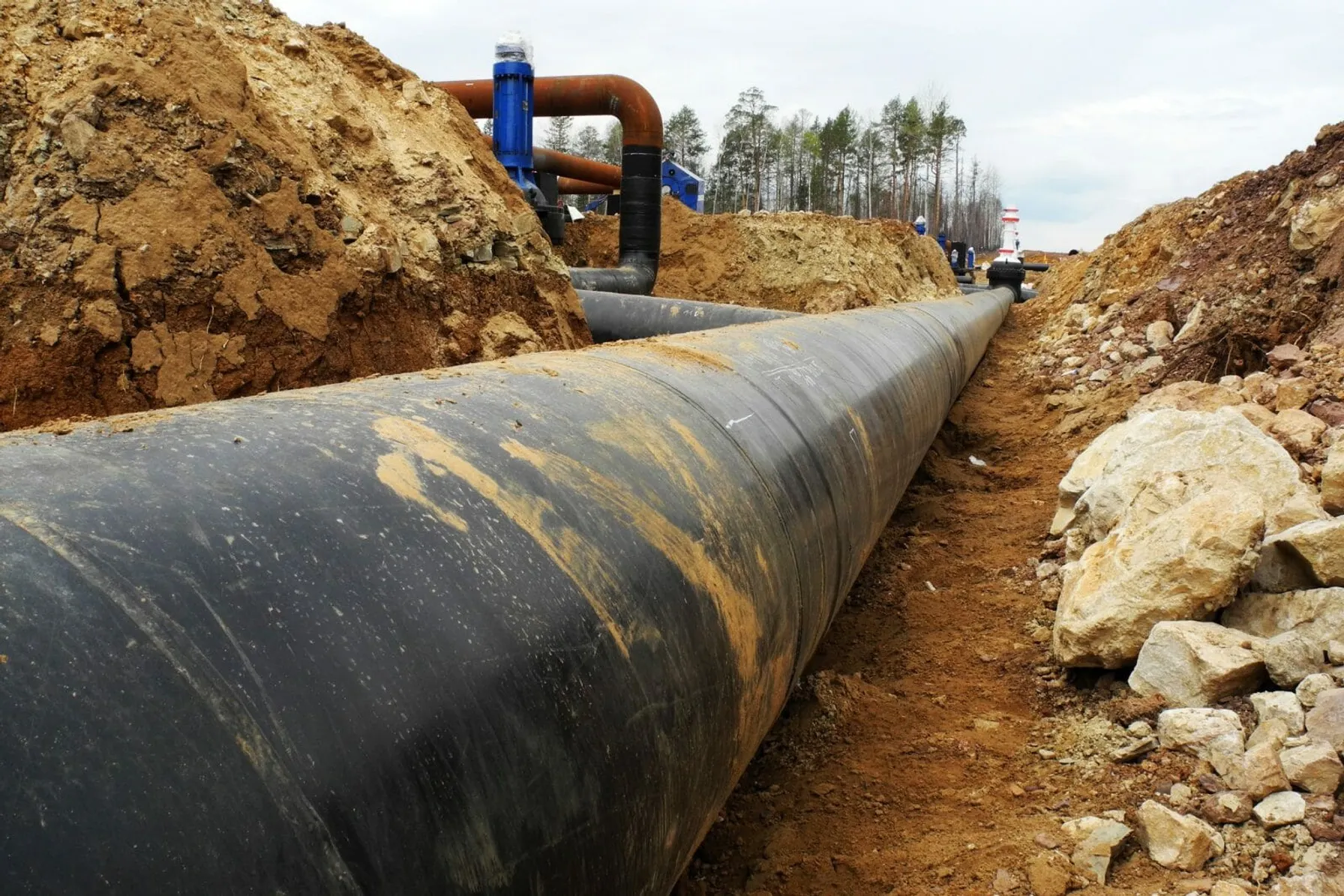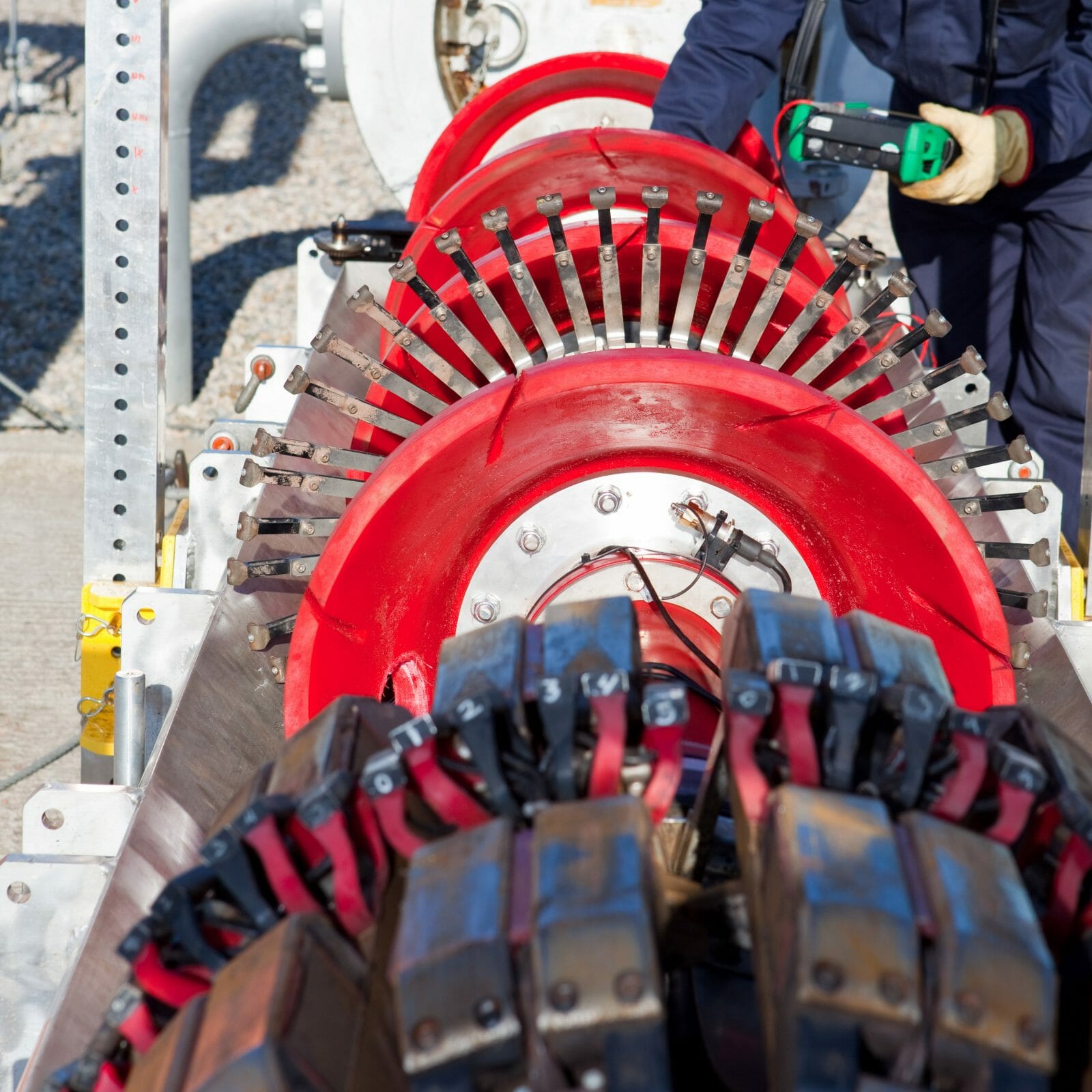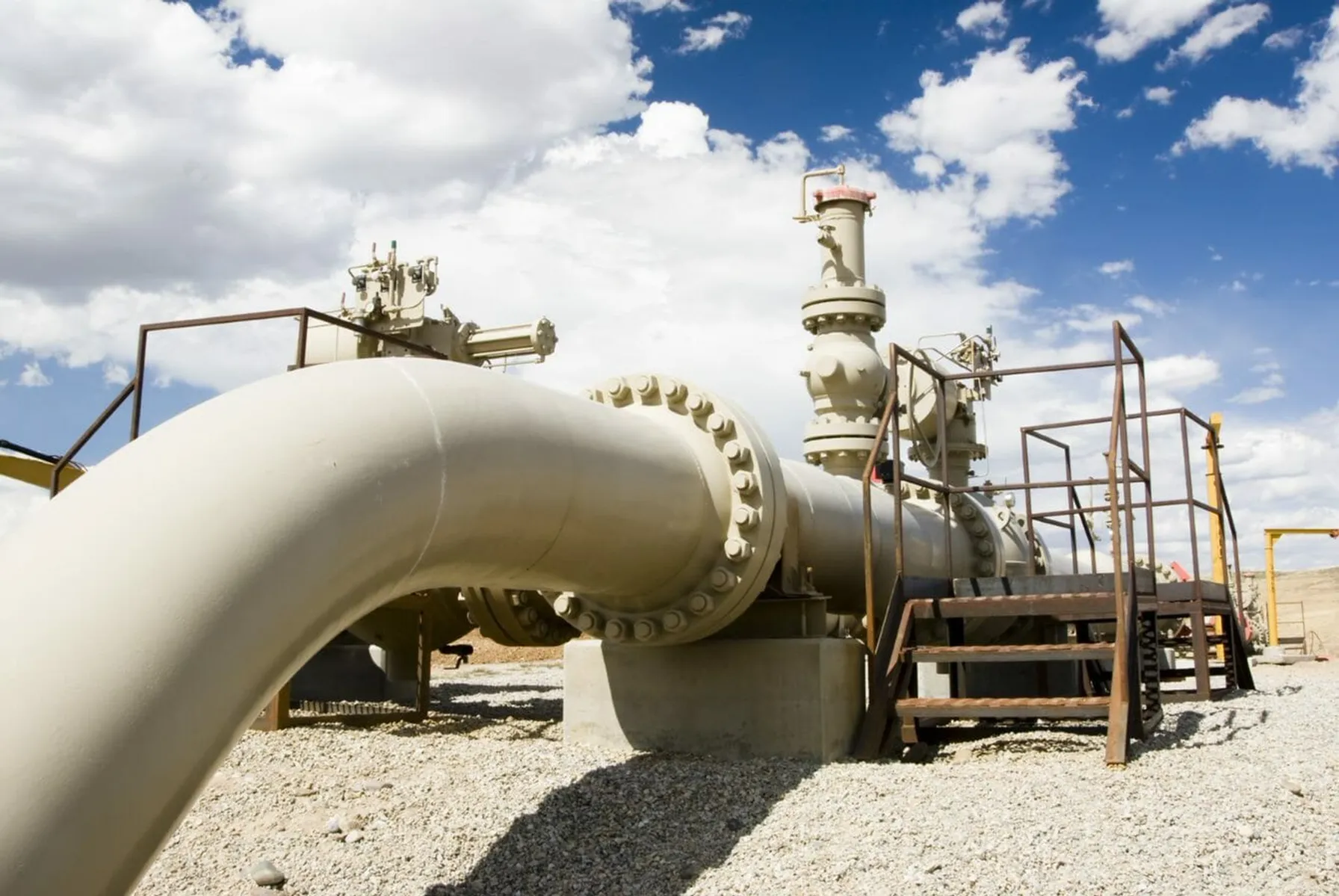To maintain any size network of pipelines, valves and support infrastructure, it is important to first perform a gap analysis between regulatory requirements and current operating procedures to identify any areas of improvement needed. A gap analysis can be performed by knowledgeable employees or by an objective third party with experience working with the regulations.
Pipeline systems that transport millions of gallons of liquids or billions of standard cubic feet of gas a day require careful planning and constant supervision to operate smoothly. While keeping up with complex and everchanging regulations can be burdensome and seem impossible, attention to several key best practices can streamline compliance processes. Implementing best practices can also support safe and efficient operations and maintenance programs and help you focus on meeting your business and stakeholder goals.
Related Services
Regulatory Demands
Under PHSMA regulations, pipeline operators must adhere to 49 CFR Parts 191, 192, 193 or 195 (depending on service). Most of these regulations have been written and revised out of response to incidents, where fire or explosion occurred due to operating or maintenance issues. Over the years, the regulations have been updated and amended to address various challenges. Each Part of the regulation covers hundreds of pages of requirements, making it difficult for companies to keep up to date with the current specifications.
Best Practices to Keep the System in Check
Given the complex nature of pipeline regulations, following several best practices for data collection, analytics, operations and maintenance, audit preparation and training can ensure compliance success.
Sometimes there is not sufficient time to complete a gap analysis and implement changes to procedures because a regulator has announced an audit. Reviewing programs and records prior to an audit will help identify weaknesses and organize documents and records for efficient review. It is important to review internal processes on an ongoing basis to identify any missing records that may be required to demonstrate compliance.
Having up-to-date documentation such as an Operations and Maintenance Manual and Emergency Response Procedures ensure that operations staff have the necessary resources on hand to successfully perform their job and meet regulatory requirements. This is especially helpful to establish compliance communication/implementation guidelines for personnel operating in the field.
TRC Can Help
TRC is a trusted partner and advisor to the energy industry. Our Pipeline Compliance team includes technical experts and leaders, many of whom are former State and Federal inspectors. We regularly meet with appropriate management teams’ compliance personnel, engineers and other subject matter experts to stay up to date on evolving regulations and cutting-edge solutions.
Our team supports compliance success with solutions including:
- Gap analyses between regulatory requirements and an operator’s procedures
- Program updates, revisions and creation of O&M Manuals
- Internal process reviews and missing documents identification
- Communication/implementation protocols for field staff
- Audit or Develop Integrity Management Programs (IMP), Operator Qualification Manuals (OQ), Damage Prevention (DP), Control Room Management (CRM), Public Awareness Programs (PAP) for Operator’s 191, 192, 193 and 195 that are applicable to Distribution, Transmission and LNG Operations.
- Audit preparation, support during audits and post-audit action item remediation.
As a part of our comprehensive services, we also help with:
- O&M Manual section(s) implementation tools (forms, equipment, operations, etc.)
- Compliance program training
- Emergency Plans implementation
- Emergency response
- Maintenance and testing procedures on various pipeline equipment such as valves, pressure control, over pressure protection, etc.
Contact us today to get started on your next project.
Achieve New
Possibilities
Partner With TRC’s Tested Practitioners



